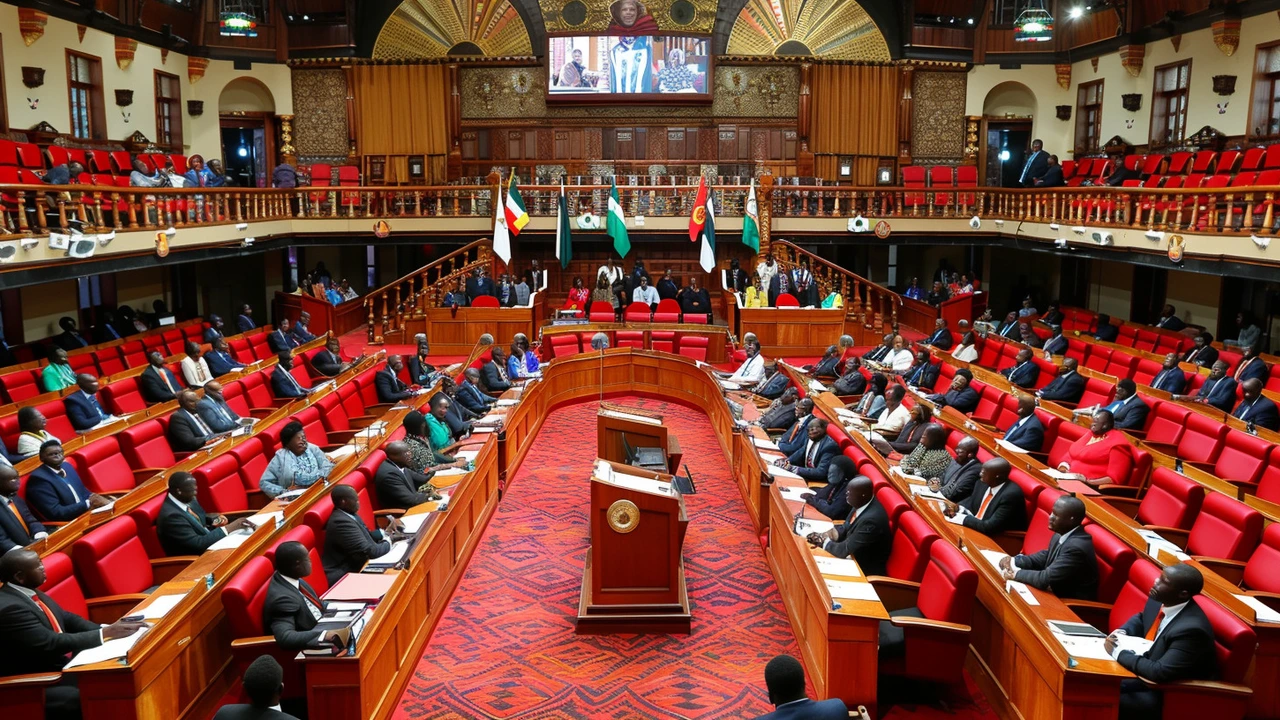Finance Bill: What It Means for You and How to Follow It
One short clause in the Finance Bill can change your tax bill, your business fees, or the money in your pocket next year. That’s why this tag collects plain, useful coverage so you can spot what matters fast.
The Finance Bill is the legal package that turns budget promises into law. It lists tax rates, new levies, spending rules and small legal tweaks that let government spend or collect money. After the budget speech, parliament debates the Bill, amends parts, then votes. Once signed, it becomes law and the changes take effect on set dates.
Key parts to watch
Here are the sections that usually hit people first: tax rates and brackets (who pays more or less), VAT and indirect taxes (what you pay at the shop), fuel levies and transport taxes (affects commuting costs), excise or "sin" taxes on alcohol and tobacco, and new fees on digital services. Watch also for changes to corporate tax rules, tax credits for small businesses, and rules about capital gains — these shape investment decisions.
Public spending lines matter too. The Bill can unlock funds for social grants, healthcare, education, or bailouts for state firms. If you read about an energy subsidy or special allocation for power stations, that can affect load-shedding plans and household bills indirectly.
How the Finance Bill affects you — quick, practical steps
If you earn a salary: check your payslip after the Bill becomes law. Employers update payroll quickly when tax tables change. If you run a business: reach out to your accountant about adjusted VAT returns, new withholding rules, or compliance steps. Investors should note any capital gains or dividend changes and update tax projections.
Pensioners and social-grant recipients: look for mentions of bracket freezes or benefit boosts. Students and households: watch for changes in subsidies or tax credits that affect school fees and living costs. Small donors and non-profits: new deduction rules can change fundraising strategies.
Want to act now? Keep copies of your receipts, update bookkeeping software, and ask your tax adviser about timing for deductible expenses. If you’re unsure, many changes include phased start dates — which gives you time to plan.
We cover the Finance Bill with short explainers, line-by-line alerts, and simple examples showing how a change affects a household or a small company. Expect fast summaries when amendments appear in committee, and deeper guides when the final law is signed.
Bookmark this tag, sign up for alerts, and send questions you want answered. We’ll keep the coverage clear and practical so you can make decisions without wading through legal text.
Want a quick check of how the Bill might hit your wallet? Send us a brief note about your situation and we’ll point you to the right explainer or story.
- June 26, 2024
- Comments 13
- Politics

